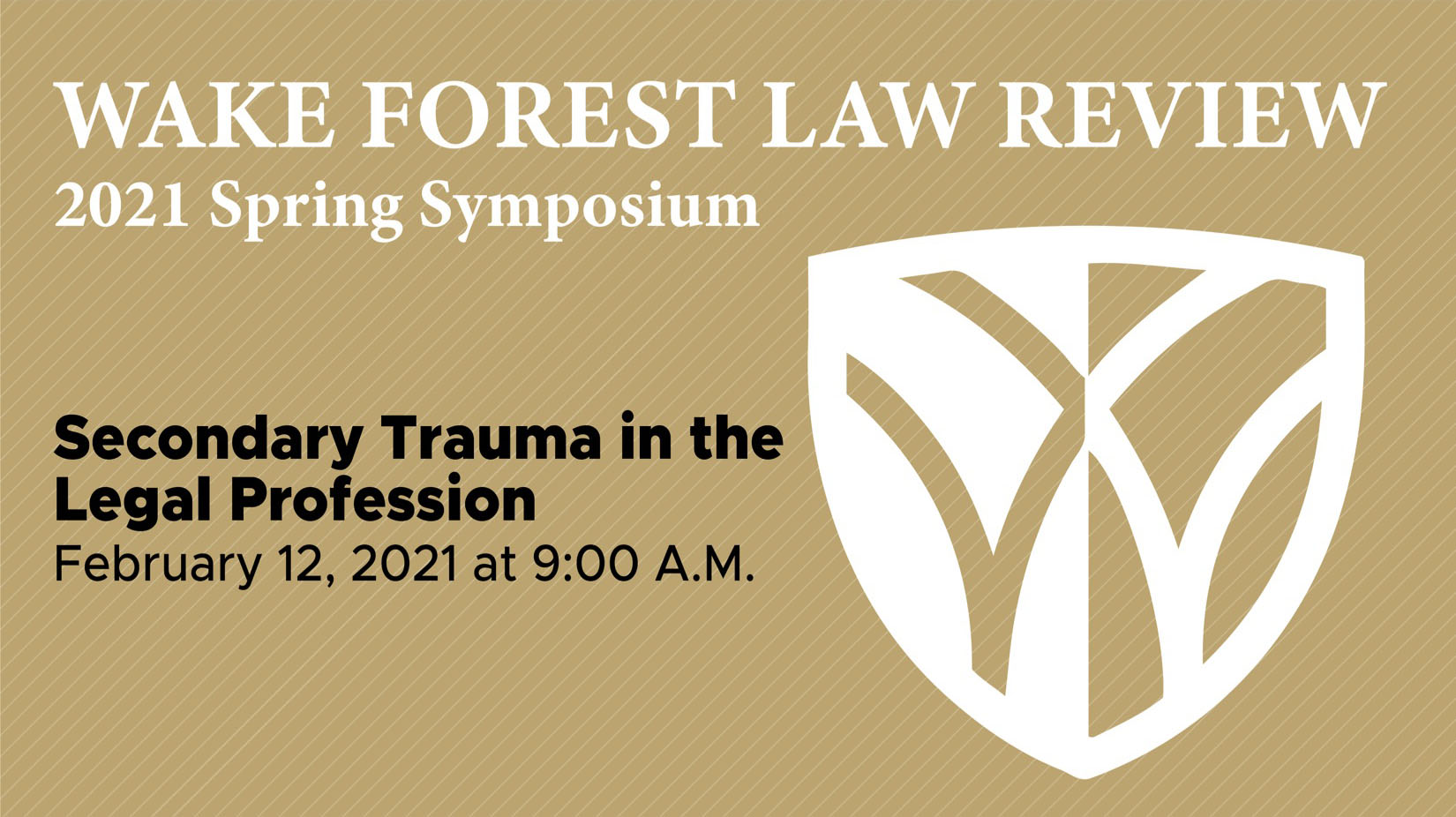By William Gilchrist
The NCAA is currently facing the latest challenge to its amateur athlete model from the National Labor Relations Board (“NLRB”), which recently found that members of the Dartmouth men’s varsity basketball team are “employees” under the National Labor Relations Act (the “Act”).[1] The decision, which has been described as “the first step to potential employee status for college athletes,” comes at a time when the NCAA and universities across the United States are facing growing calls to treat athletes as employees.[2]
On February 5, 2024, Regional Director Laura Sacks released a Decision and Direction of Election in Trustees of Dartmouth College, finding that because “Dartmouth has the right to control the work performed . . . and because the players perform that work in exchange for compensation, the petitioned-for basketball players are employees within the meaning of the Act.”[3]
I. The NLRB
The NLRB is an independent federal agency tasked with enforcing the Act, which protects the right of private sector employees to join together to improve wages and working conditions.[4] The NLRB’s responsibilities are carried out by a general counsel and five-member board, both of whom are appointed by the President.[5]
Collective bargaining is one of the key rights granted by the Act, and employees have the right to petition the NLRB for a determination of who will represent them.[6] Parties may file three types of petitions with the NLRB to determine whether an individual may represent a group of employees.[7] An RC petition, like the one filed in Trustees of Dartmouth College, is generally filed by a union seeking to be certified as a group of employees’ bargaining representative.[8]
Once the petition is filed, a regional director will conduct an investigation and hold a formal hearing.[9] The regional director will then issue a dismissal or decision directing election that may be appealed to the Board through a request for review.[10] If the Board grants the request, it will issue a decision affirming, modifying, or reversing the action of the regional director.[11]
II. Trustees of Dartmouth College
Trustees of Dartmouth College involves an attempt by Service Employees International Union, Local 560 (the “Union”) to represent the fifteen players on the Dartmouth men’s varsity basketball team.[12] As the exclusive representative of certain Dartmouth employees since 1966, the Union has negotiated several collective-bargaining agreements on behalf of employees with Dartmouth.[13] These negotiated agreements are subject to final approval by the entire bargaining unit and typically involve employee wages, hours of work, and other issues.[14]
As a private university and member of the Ivy League, Dartmouth argues that the Union’s petition should be denied because the players are not employees, and the Board’s assertion of jurisdiction will create instability in labor relations.[15] However, after evaluating each side’s arguments, Regional Director Laura Sacks ultimately concluded that the players are employees and that asserting jurisdiction would not create instability in labor relations.[16]
In reaching her decision, Director Sacks looked to the common-law definition of employment cited in Columbia University,[17] which “generally requires that the employer have the right to control the employee’s work, and that the work be performed in exchange for compensation.”[18] Director Sacks also noted that the players perform work that benefits Dartmouth by generating alumni engagement, financial donations, and publicity, all resulting in increased student interest and enrollment applications.[19]
Despite an agreement among Ivy League schools not to provide athletic scholarships,[20] Dartmouth still provides significant financial benefits to its players in return.[21] These benefits include a streamlined admissions process, tickets to games, meals, lodging, equipment and apparel, and a “Peak Performance” program designed especially for varsity athletes.[22]
The university also exercises control over the players by “designing and monitoring their summer workouts, requiring them to sign handbooks and other documents, dictating the time they spend practicing, directing those practices, and scheduling their road trips such that each meal and sleep period occurs at the coaching staff’s discretion.”[23] Dartmouth’s significant exercise of control over the players’ work, combined with the substantial benefits it provides to the players, was ultimately enough to overcome the lack of receipt of traditional compensation in the form of a weekly paycheck or scholarship.[24]
Lastly, while there was some debate about whether the Dartmouth men’s varsity basketball team is profitable,[25] these concerns were dismissed on the grounds that “the profitability of any given business does not affect the employee status of the individuals who perform work for that business.”[26]
III. Implications outside of the Ivy League
While the decision remains a key first step in recognizing college athletes as employees, its implications for athletes in other conferences remain unclear.[27] The Board’s decision in Northwestern University,[28] a similar case evaluating the employee status of college athletes, has the potential to limit the application of Trustees of Dartmouth College outside the Ivy League.[29]
In Northwestern University, the Board declined to assert jurisdiction over the Northwestern football team.[30] Unlike Dartmouth, Northwestern is the only private university in its conference and one of only seventeen private institutions in the Football Bowl Subdivision (FBS), which was comprised of 125 schools at the time.[31] Due to the “inherent asymmetry of the labor relations regulatory regimes applicable to individual teams[,]” the Board declined to assert jurisdiction in Northwestern University after concluding that doing so “would not promote stability in labor relations.”
Following the Board’s ruling in Northwestern University, the NLRB is unlikely to exercise jurisdiction over teams in conferences with a significant public-school presence. However, as NCAA conferences continue to undergo dramatic restructuring,[32] the potential impacts of the Board’s decision are subject to change.
Although the recent decision in Trustees of Dartmouth College is a critical first step towards recognizing athletes as employees, the case is still ongoing. An election for the players to vote on representation by the Union is currently scheduled for March 5, 2024.[33] However, Dartmouth opposed the election on February 29th, filing a Request for Review and Emergency Motion to Stay the Election or Impound the Ballots.[34] As a result, Dartmouth will likely appeal the decision regardless of whether the election occurs on March 5th, leaving athletes’ employee status uncertain for the foreseeable future.
[1] Decision and Direction of Election at 2, Trustees of Dartmouth College, 01-RC-325633, (NLRB Feb. 5, 2024).
[2] Ralph D. Russo, Billions in TV revenue, athletes as employees on the line as college sports faces more legal threats, AP News (Oct. 16, 2023, 10:14 PM), https://apnews.com/article/college-athletes-nil-eb702d33a87bca98084ea492eccdf84c.
[3] Decision and Direction of Election at 2, Trustees of Dartmouth College, 01-RC-325633 (NLRB Feb. 5, 2023).
[4] Who We Are, National Labor Relations Board, https://www.nlrb.gov/about-nlrb/who-we-are (last visited Mar. 3, 2024).
[5] Id.
[6] The NLRB Process, National Labor Relations Board, https://www.nlrb.gov/resources/nlrb-process (last visited Mar. 3, 2024). Collective bargaining is “a process by which a labor organization, designated or selected by a majority of an employer’s employees, negotiates on behalf of employees with the employer over wages and other terms and conditions of employment[.]” GC Collective Bargaining Resources, National Labor Relations Board, https://www.nlrb.gov/guidance/key-reference-materials/gc-collective-bargaining-resources#:~:text=Collective%20bargaining%20is%20a%20process,%2C%20anti%2Ddiscrimination%20and%20anti%2D (last visited Mar. 3, 2024).
[7] The NLRB Process, National Labor Relations Board, https://www.nlrb.gov/resources/nlrb-process (last visited Mar. 3, 2024).
[8] Id. The two other types of petitions are RD and RM petitions. RD petitions are filed by employees seeking to remove a currently recognized union, while an RM petition is filed by an employer seeking an election because one or more parties have sought recognition as a bargaining representative. Id.
[9] Id.
[10] Id.
[11] Id.
[12] Decision and Direction of Election at 1, Trustees of Dartmouth College, 01-RC-325633 (NLRB Feb. 5, 2024).
[13] Id.
[14] Id.
[15] Id. at 2.
[16] Id.
[17] Columbia University, 364 NLRB 1080, 1094 (2016).
[18] Decision and Direction of Election at 14, Trustees of Dartmouth College, 01-RC-325633 (NLRB Feb. 5, 2024).
[19] Id. at 2.
[20] See Melissa Korn, Ivy League’s Agreement to Ban Athletic Scholarships Is Illegal, Lawsuit Says, The Wall Street Journal (Mar. 7, 2023), https://www.wsj.com/articles/ivy-leagues-agreement-to-ban-athletic-scholarships-is-illegal-lawsuit-says-e1e7c29c.
[21] Decision and Direction of Election at 17, Trustees of Dartmouth College, 01-RC-325633 (NLRB Feb. 5, 2024).
[22] Id. at 11–12, 19. Some of the financial benefits provided to players include shoes valued at $1,200 per year, equipment and other clothing valued at $2,950 per year, tickets with an estimated value of $1,200 over the course of the season, as well as travel, lodging, and meals. Id.
[23] Id. at 18.
[24] Id.
[25] Id. at 12–13.
[26] Decision and Direction of Election at 18, Trustees of Dartmouth College, 01-RC-325633 (NLRB Feb. 5, 2024).
[27] See Northwestern University, 362 NLRB 1350 (2015).
[28] 362 NLRB 1350 (2015).
[29] See id.
[30] Id. at 1355–56. The Northwestern University Board also declined to consider whether the Northwestern football players were employees but left open the possibility of reconsidering jurisdiction in the future. Id.
[31] Id. at 1354. Northwestern was a member of the Big Ten Conference in 2015 and remains the only private university in the Big Ten. See id. at 1351; Big Ten Football, Fox Sports, https://www.foxsports.com/college-football/big-ten/teams (last visited Mar. 3, 2024). There are currently 134 schools in the FBS. Bill Bender, College football realignment 2024 explained: How every FBS conference will look by school, Sporting News (Oct. 25, 2023), https://www.sportingnews.com/us/ncaa-football/news/college-football-realignment-2024-conferences-school/gcxqsjmp7rxxhyxz6yhlyysi#:~:text=Sam%20Houston%20and%20Jacksonville%20State,join%20the%20FBS%20in%202024..
[32] See Matt Bonesteel & Shelly Tan, Here’s how college sports has changed after conference realignment, The Washington Post (Sept. 1, 2023, 10:29 AM), https://www.washingtonpost.com/sports/2023/08/07/college-sports-conference-realignment/.
[33] Notice of Election, Trustees of Dartmouth College, 01-RC3-25633 (NLRB Feb. 9, 2024).
[34] Motion to Stay an Election, Trustees of Dartmouth College, 01-RC3-25633 (NLRB Feb. 29, 2024).






